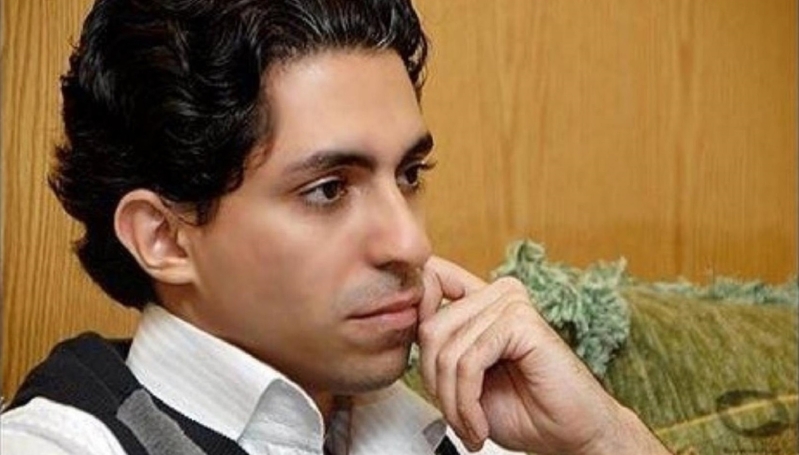
Saudi blogger Raif Badawi, who has been sentenced to 1,000 lashes and 10 years in jail for "insulting Islam", was named on Tuesday as the International Writer of Courage and PEN Pinter Prize co-recipient for 2015.
Badawi was selected from a shortlist by British poet, journalist and critic James Fenton, who in June was chosen as the 2015 PEN Pinter Prize winner.
By tradition, the winner of the PEN Pinter Prize, named in memory the late playwright Harold Pinter, shares it with "an international writer of courage".
"What moved me was the contrast between the simplicity of Badawi's liberal aims - their modesty, almost - and the ferocity of the punishments they have brought down on him," Fenton said in a statement issued as the prize was announced at the British Library in London.
"(Saudi Arabia) is a world of inconceivable cruelty, but intimately linked to ours by business, strategic interests, military and diplomatic ties," he said.
The award was accepted on Badawi's behalf by Wikipedia co-founder Jimmy Wales, who in a statement said: "I hope that this award ... will help bring freedom for Raif Badawi."
Badawi received the first of his 50 lashes in January, prompting strong criticism in Western countries of the kingdom's human rights record, including its restrictive laws on political and religious expression and the status of Saudi women.
Riyadh responded in March with a statement expressing "surprise and dismay at what is being reported by some media about the case of Raif Badawi and his sentence".
The statement said Saudi courts were independent and that the kingdom's constitution ensured the protection of human rights because it was based on Islam's Sharia law.
A Jeddah court handed Badawi his sentence after he criticized the Saudi clergy in a blog and called for changes in the way religion is practiced in Saudi Arabia.
Saudi Arabia, which follows the strict Wahhabi form of Islam, does not permit the public worship of other faiths or allow them to maintain places of worship inside the country. In a new law last year, it included atheism as a terrorist offence.







